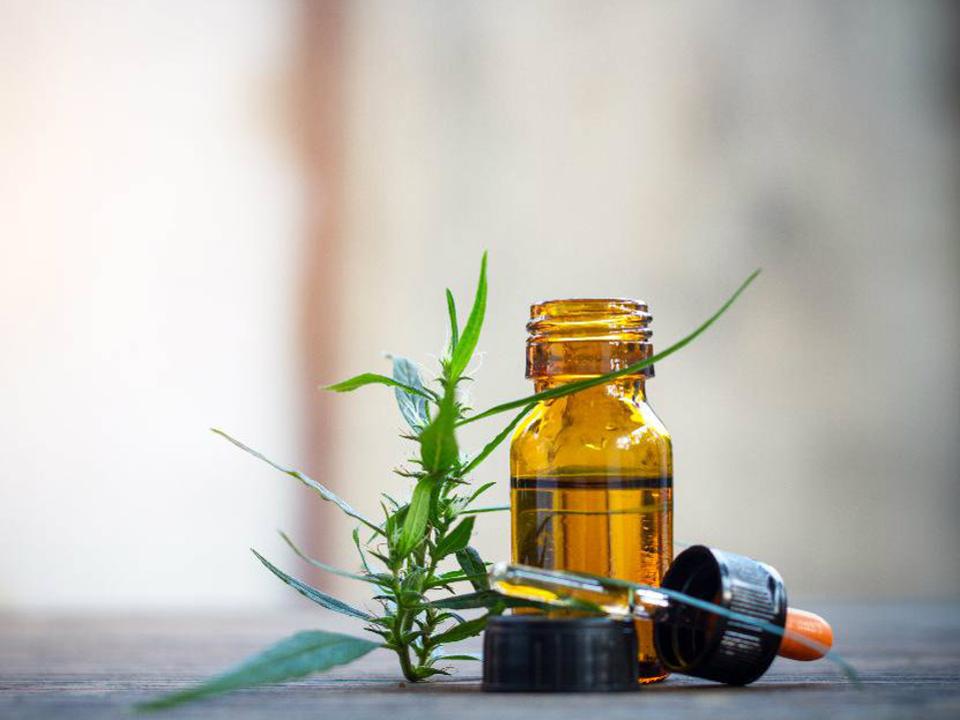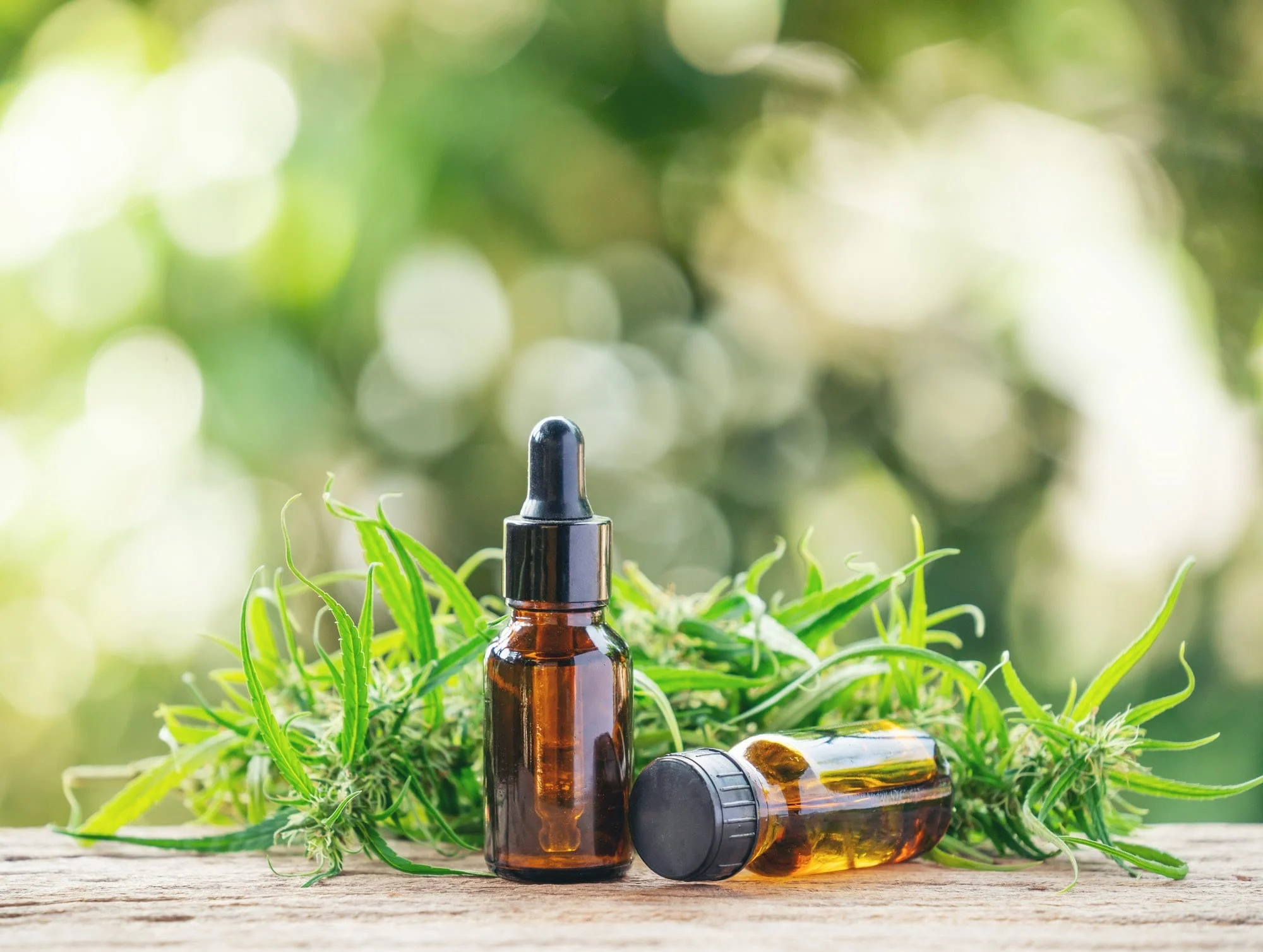In the pursuit of healthy, radiant skin and luscious hair, many turn to a plethora of products promising miraculous transformations. However, amidst the sea of options, organic vitamins stand out as a natural and sustainable approach to nourishing both your skin and hair. With an emphasis on purity and potency, organic vitamins offer a host of benefits that synthetic alternatives often lack. Let’s delve into the realm of organic skincare and explore how incorporating these vitamins into your routine can unlock the full potential of your natural beauty.
Understanding Organic Skin Care
Organic skincare revolves around harnessing the power of nature to enhance and maintain the health of your skin. By utilizing ingredients derived from plants grown without synthetic pesticides or fertilizers, organic skincare products offer a gentler and more sustainable alternative to conventional counterparts. These products are not only beneficial for your skin but also contribute to the well-being of the environment.
The Importance of Organic Vitamins
Vitamins play a crucial role in maintaining the health and vitality of your skin and hair. Organic vitamins, sourced from natural and sustainable sources, offer a potent dose of nourishment without the harmful additives found in many synthetic supplements. Whether applied topically or ingested orally, these vitamins work in harmony with your body to promote cell regeneration, collagen production, and overall skin and hair health.
Key Organic Vitamins for Skin and Hair
- Vitamin C: Renowned for its antioxidant properties, vitamin C helps combat free radical damage and brightens the complexion, resulting in a more youthful and radiant appearance. When applied topically, it can also aid in reducing hyperpigmentation and promoting collagen synthesis for firmer, smoother skin.
- Vitamin E: A powerhouse antioxidant, vitamin E protects the skin from environmental aggressors and helps maintain its natural moisture barrier. It is particularly beneficial for nourishing dry or damaged hair, leaving it soft, shiny, and more manageable.
- Vitamin A (Retinol): Known for its anti-aging properties, vitamin A stimulates cell turnover and collagen production, reducing the appearance of fine lines and wrinkles. It also helps regulate sebum production, making it ideal for those with oily or acne-prone skin.
- Biotin (Vitamin B7): Often referred to as the “beauty vitamin,” biotin is essential for healthy hair growth and strength. It promotes the production of keratin, the protein that forms the structure of hair, resulting in thicker, fuller strands.
Incorporating Organic Vitamins into Your Routine
Whether through skincare products or dietary supplements, incorporating organic vitamins into your daily routine is simple and effective. Look for reputable brands that prioritize organic and sustainably sourced ingredients to ensure maximum potency and purity. Additionally, consider consulting with a skincare specialist or nutritionist to tailor a regimen that addresses your specific needs and concerns.
Conclusion
In the quest for radiant skin and vibrant hair, embracing organic vitamins offers a holistic approach that nurtures both your body and the planet. By harnessing the power of nature’s bounty, you can unlock the full potential of your natural beauty while supporting sustainable practices. So, why settle for synthetic solutions when organic vitamins provide a more wholesome and nourishing alternative?




